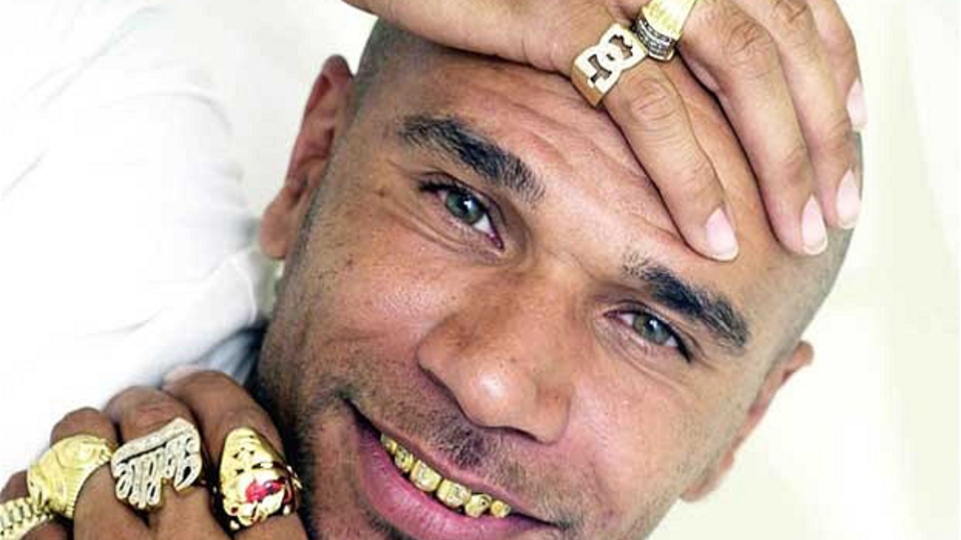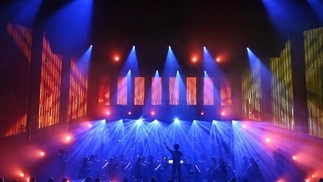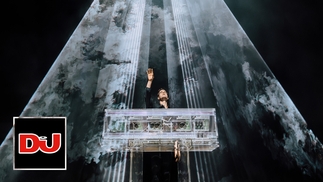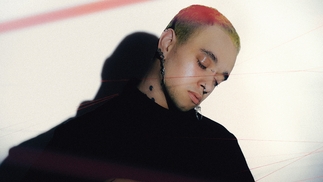VIDEO: GOLDIE RAILS AGAINST MUSIC PIRACY
Drum & bass pioneer tells DJ Mag why he's a music anti-piracy ambassador

Goldie, the legendary drum & bass DJ/producer, has been talking to DJ Mag about music piracy.
The Metalheadz man is an ambassador for AudioLock, one of the companies that works to tackle music piracy. Digital music piracy is big business, and can deprive an artist and label of around 25% of income through music sales.
Incredibly, Goldie has been criticised by a number of online commentators for being hypocritical. 'How can Goldie be against music piracy when large parts of the music he makes is made up of samples from other people's music?' they say.
DJ Mag put this question to Goldie, and this was his response:
Clearly, sampling a snippet of an old piece of music and re-contextualising it as part of your art is completely different to stealing a load of tracks and selling them via pirate websites and torrents — damaging the well-being of labels and producers in the process.
Many labels now protect their new releases by working with anti-piracy companies like AudioLock. Metalheadz is one such independent label.
“I started my label Metalheadz 20 years ago, and we’ve enjoyed great success,” Goldie said, “but in the digital age piracy has had a hugely negative impact on us as a small indie. The music we put out across Metalheadz is the result of lots of hard work from all involved, dedication and an amazing amount of creativeness from each and every artist we sign.
“Because of this, we believe, both for the benefit of ourselves as an independent label and on behalf of our artists, that it’s our place to make every effort to ensure that all of this hard work is rewarded and that artist’s releases are protected against piracy,” Goldie continued.
Piracy is more than fans just sharing tracks with each other — commercial pirate companies can make thousands by ripping off an act’s new track and offering it for free download via their ‘cyberlocker’.
These links (Zippyshare etc) then appear in a Google search, and when a music fan visits the pirate website they are shown adverts or encouraged to upgrade to a premium download speed in order to (illegally) access more tracks faster.
Anti-piracy companies simply force the pirate companies to take down these illegal links — thereby protecting the sales for labels and artists.
To help the dance scene progress, DJ Mag urges all music consumers to buy music from legitimate download stores.
More info here





